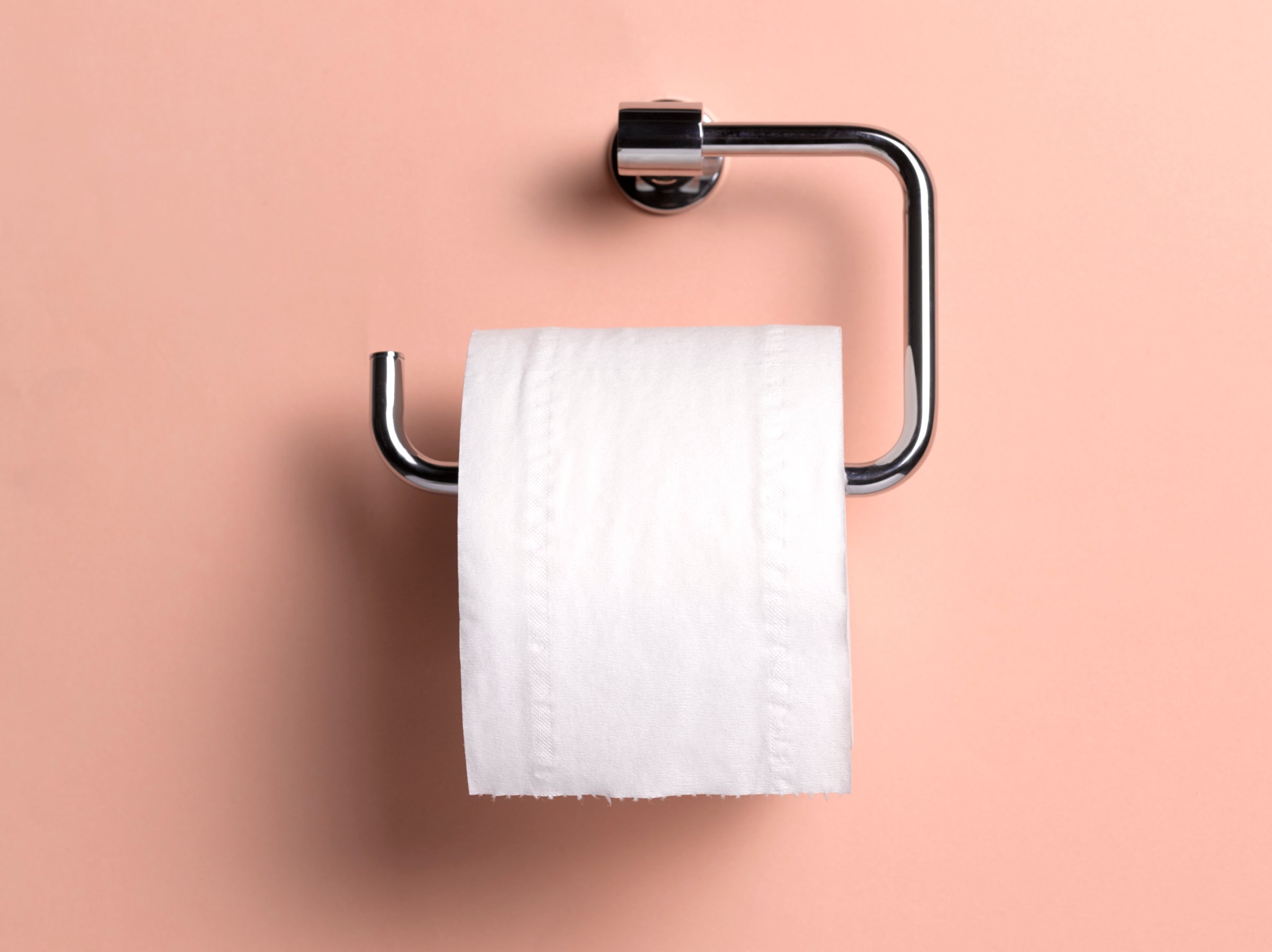
You know the feeling: You can’t keep food down, you’re running to the bathroom every 10 minutes and it feels like your stomach is doing cartwheels. Either you ate something spoiled or you picked up a terrible bug—but which one is it? And what can you do to feel better fast?
“To be honest, the clinical symptoms of stomach flu and food poisoning really overlap a lot,” says Dr. Michael Rice, director of inpatient medicine gastroenterology at the University of Michigan. “You can have vomiting, diarrhea, abdominal discomfort and fever with either.” Often, he says, the easiest way to determine the cause of such an illness is to look back at the person’s recent history.
“If the symptoms are caused by food poisoning, they tend to occur within hours of eating something,” says Rice. So if you can recall snacking on something questionable, or if others who ate the same thing as you have similar symptoms, you may have found your culprit.
If you’re the only one who got sick after eating a certain dish, however, you more likely picked up a viral illness in another way—from a sneeze, a handshake or a contaminated doorknob, for instance.
This type of “stomach flu,” which doctors call acute gastroenteritis, isn’t caused by the influenza virus. While influenza is largely a respiratory illness, stomach flu is brought on by other common viruses that cause more severe GI issues. For these infections, symptoms usually start one to three days after exposure.
When it comes to treatment, says Rice, it may not matter where your symptoms came from. In some cases—when a chef infected with norovirus prepares food and contaminates it, for example—food poisoning and the stomach flu could actually be one and the same.
Regardless, your biggest concern with either type of illness should be making sure you’re getting—and keeping down—plenty of fluids. “Anything involving vomiting and diarrhea can lead to dehydration, so you want to make sure you’re drinking water or a rehydration drink, like Pedialyte or a sports drink,” says Rice. (People with diabetes should ask their doctor about consuming sugary beverages, he adds.)
If you can keep food down, Rice recommends the tried-and-true “BRAT” diet (bananas, rice, applesauce and toast), or even just cola and saltine crackers. “There’s no real science behind these, but they seem to do well,” he says. “If you’re getting sugar and salt, you’re replacing some of the calories and electrolytes you’re losing.” If you’re sensitive to caffeine or dairy, avoiding these food groups may also help you recover more quickly.
If a person starts to start to show signs of serious dehydration—including dark or decreased urine, lightheadedness or muscle cramping that’s separate from stomach cramping—they should see a doctor, says Rice, because they may need an IV to replace lost fluids. That’s especially important for children or the elderly, he adds.
You should also seek medical attention if you don’t start to feel better after two days, or if you have a fever over 101 degrees that doesn’t break in a day or two. Call your doctor right away if you’re vomiting blood, if you notice blood, mucus or pus in your diarrhea, or if you experience neurological symptoms like numbness or tingling; this could suggest that you’ve ingested a bacterial toxin, says Rice.
Pregnant women, people with diabetes or inflammatory bowel disease and anyone taking immunosuppressant drugs should also let their doctor know if they’re experiencing a stomach illness.
If none of these scenarios apply to you, says Rice, it’s usually fine to wait out your stomach bug at home. An over-the-counter anti-diarrheal or anti-nausea medication, like Imodium or Pepto-Bismol, may make the wait a little easier.
You can also take steps to keep your illness from spreading to others and to avoid getting sick in the future. If you suspect food was to blame, throw out items that may be contaminated, alert others who may have been exposed and be sure to practice good food-safety hygiene—like frequent hand washing and not cross-contaminating cutting surfaces—going forward. And if you think a viral infection is at play, disinfecting surfaces and avoiding close contact with others can help keep it contained.
More Must-Reads from TIME
- Cybersecurity Experts Are Sounding the Alarm on DOGE
- Meet the 2025 Women of the Year
- The Harsh Truth About Disability Inclusion
- Why Do More Young Adults Have Cancer?
- Colman Domingo Leads With Radical Love
- How to Get Better at Doing Things Alone
- Michelle Zauner Stares Down the Darkness
Contact us at letters@time.com